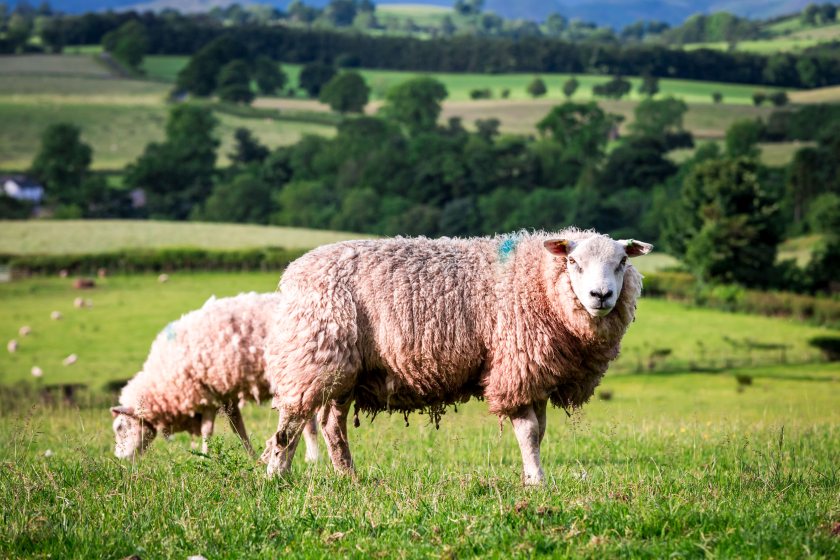
Experts are exploring a method that could provide sheep farmers and their vets with valuable information on the worm species present in dung samples.
The project, funded by the Veterinary Medicines Directorate (VMD), aims to look at a simpler, potentially cheaper method than is currently available.
The research is being undertaken by expert from Biobest, Queens University Belfast, and the Sustainable Control of Parasites in Sheep (SCOPS) group.
SCOPS promotes faecal egg counts (FECs) as the gold standard means to estimate the adult worm burden in sheep and to measure the efficacy of anthelmintic (wormer) treatments.
However, animal health experts in the group explain that FECs cannot accurately differentiate between different most worm species.
Identification of worm species is becoming important, as farmers seek to find out which anthelmintic classes are still effective, including the worm species involved, so they can negotiate the complex decisions around the use of the different wormer classes.
While there are techniques available that can identify worm species using DNA or extracted worm eggs from faeces, these are not commercially available and are currently only used in research settings.
Speaking on behalf of SCOPS, independent sheep consultant Lesley Stubbings says: “For this work to be taken forward, it is really important for us to understand the appetite for such a diagnostic tool.
"To try to gauge this we have devised a short survey for farmers, vets and advisers who are concerned or involved in worm control in sheep.
"It will only take five minutes but will be extremely valuable as we strive to provide new tools for you to use in the fight against anthelmintic resistance.”
Dr Paul Airs, the parasitologist working on the project, adds: “Early indications show respondents are more concerned with diagnostic accuracy and turnaround time than price.
"That is vital feedback if we are to develop this towards a test for use alongside a FEC on dung samples.”
Sheep famers, vets and advisers are being encouraged to have their say and complete the project's short online survey.
